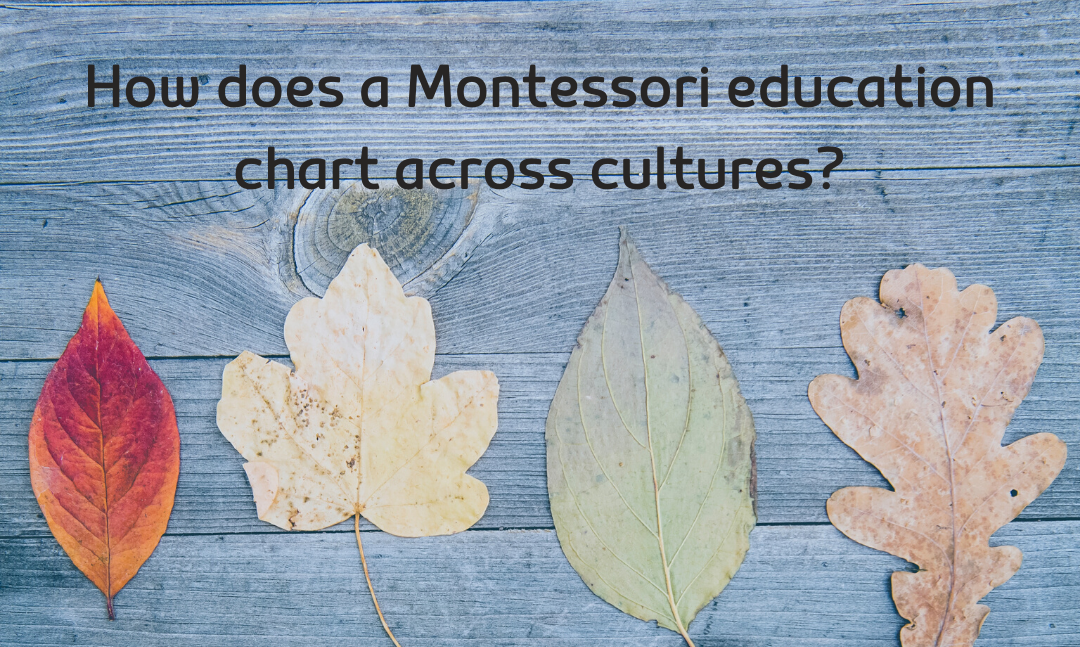In 1907, Dr. Maria Montessori founded Casa dei Bambini to provide educational access to children from low income families in Rome. Instead of using traditional teaching techniques, Montessori developed her own method of education that allowed the child to lead his or her learning process based on their individual stage of development. In 1929, she founded the Association Montessori Internationale to provide education and guidance for Montessori institutions across the world, establishing unified principles and guidelines to ensure the Method was correctly taught. Here are a few common factors that link Montessori environments around the globe.
A focus on citizenship and becoming a better human being
In every Montessori school and environment, the purpose of each day is to encourage students to become the best version of themselves. Dr. Montessori said it best in “Education and Peace.”
“Our principal concern must be to educate humanity – the human beings of all nations – in order to guide it toward seeking common goals. We must turn back and make the child our principal concern. The efforts of science must be concentrated on him, because he is the source of and the key to the riddles of humanity.”
Promoting children’s rights
By applying Dr. Montessori’s principles to our lives, the possibilities for social changes are endless. Maria Montessori School belongs to the Association Montessori Internationale, which serves as an advocate of children’s rights regardless of race, religion, politics or social beliefs. AMI creates initiatives to provide sustainable education solutions across the globe. Dr. Montessori described her vision of social justice during the International Montessori Congress in Copenhagen.
“Do we believe and constantly insist that cooperation among the peoples of the world is necessary in order to bring about peace? If so, what is needed first of all is collaboration with children… All our efforts will come to nothing until we remedy the great injustice done the child, and remedy it by cooperating with him. If we are among the men of goodwill who yearn for peace, we must lay the foundation for peace ourselves, by working for the social world of the child.”
Establishing accountability
It is the goal of Montessori educators to respectfully provide principles and practices to allow students to become better learners, teachers, children and citizens of the world. We believe that children and adolescents have the right to coexist with adults peacefully and engage in meaningful conversations. To instill an environment of accountability, we teach our students to take responsibility for their actions and learn to collaborate with another while growing their individual interests.

